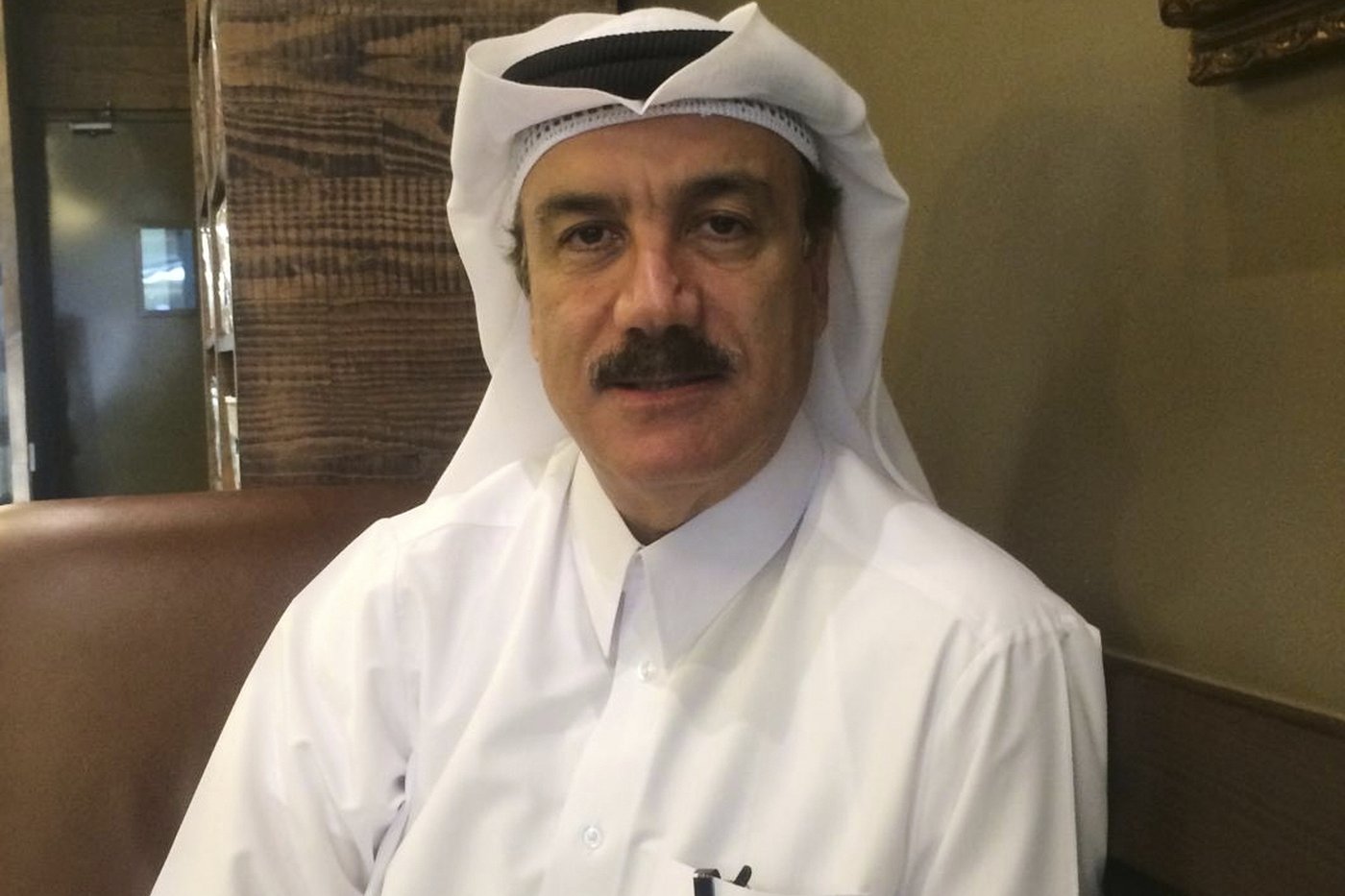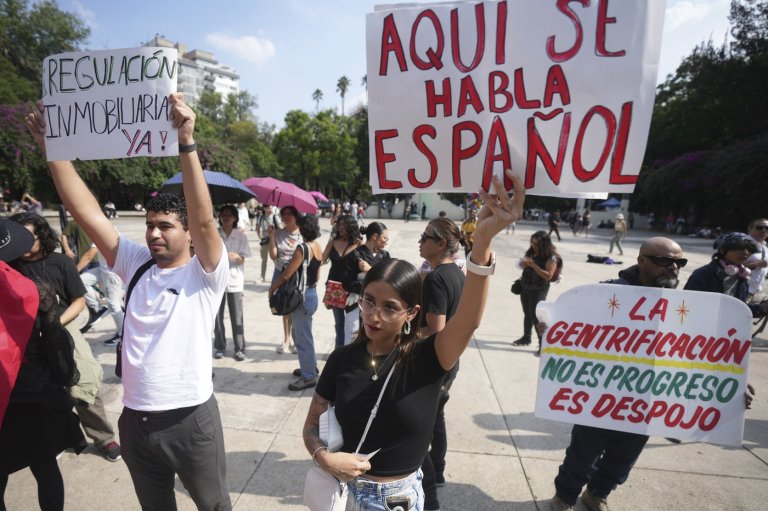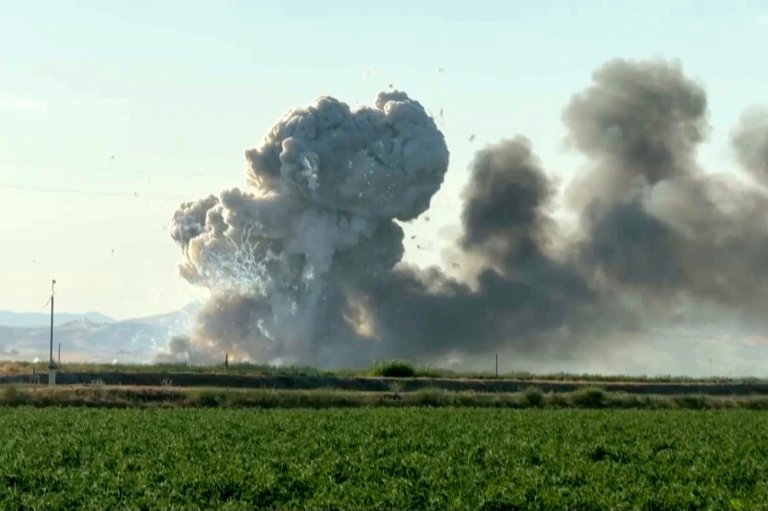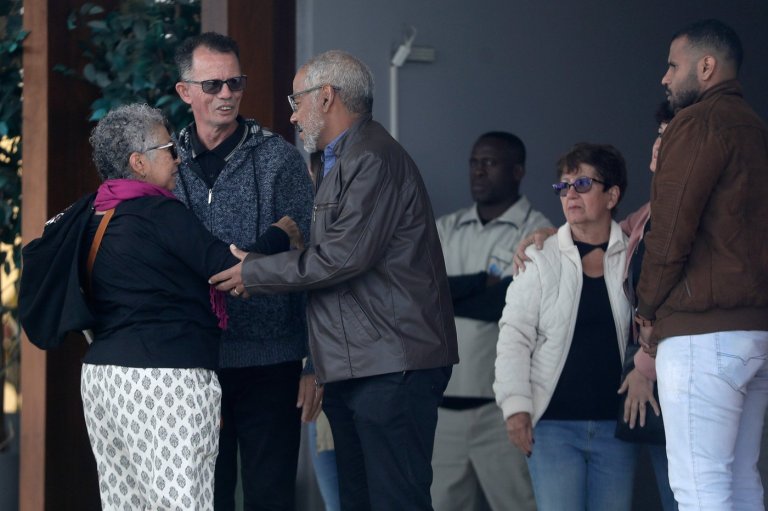
The Baha’i faith is small, far-flung, and faced with repression in parts of the Middle East
The Baha’i faith — a small but global religion with an interfaith credo — fits comfortably into the religious spectrum of most countries. In several Middle East nations, however, Baha’i followers face repression that is drawing criticism from human rights groups.
The abuse is most evident in Iran, which bans the faith and has been widely accused of persecuting its adherents, human rights advocates say. They also report systemic discrimination in Yemen, Qatar and Egypt.
Iran has been a driving force in the spread of anti-Baha’i repression in countries where it holds influence, advocates say — a plan first made public in a leaked 1991 government document. These include Yemen, where Iran backs Houthi rebels who control much of the country, and Qatar, where links include co-ownership of the world’s largest natural gas field.
“The sheer arsenal the Iranian government has expended to crush the Baha’is in every avenue of life has been astronomical,” said Nazila Ghanea, an Oxford University law professor and U.N. Special Rapporteur on religious freedom.
”It has also extended its reach, time and again, beyond the border of Iran,” she said.

Anti-Baha’i discrimination includes forced deportations and family separations, as well as denial of marriage licenses, public school enrollment and access to burial grounds.
In Qatar, the leader of the small Baha’i community has been detained since April. Remy Rowhani, 71, went on trial last month, charged with “promoting the ideology of a deviant sect” on the country’s Baha’i social media account.
A far-flung faith
The Baha’i faith was founded in the 1860s by Baha’u’llah, a Persian nobleman considered a prophet by his followers. He taught that all religions represent progressive stages in the revelation of God’s will, leading to the unity of all people and faiths.
There are no Baha’i clergy. Communities are organized through elected local spiritual assemblies.

From the faith’s earliest days, it was denounced by Shiite Muslim clerics in what is now Iran; they considered followers apostates. That repression continued after Iran’s 1979 Islamic Revolution, when many Baha’i followers were executed or went missing.
There are less than 8 million believers worldwide, with the largest number in India. The faith is present in most countries.
Michael Page of Human Rights Watch described Iran as “a guiding animus against Baha’is because it perceived them as antithetical to the regime’s own interpretation of Shia Islam.”
“This is an authoritarian government that brutally cracks down on people who don’t agree with it,” Page told The Associated Press. “The hate speech directed at them is so at odds with the Baha’i faith tradition, it would feel laughable if the consequences weren’t so serious.”
Not all Muslim countries are hostile. Saba Haddad, the Baha’i International Community’s representative to the U.N. in Geneva, cited Bahrain, the United Arab Emirates and Tunisia as welcoming.

“We are the measure of tolerance — for any government, any country,” she said. “We don’t have any political stance, we don’t interfere with politics, we don’t have a Baha’i country. It’s truly about … tolerance and acceptance.”
Baha’i leader faces Qatar trial
Rowhani has been detained since April 28 in what Human Rights Watch denounces as a violation of religious freedom reflecting long-running discrimination against Baha’i believers. He faces up to three years in prison. His trial is recessed until Aug. 6.
Rowhani’s daughter, Noora Rowhani, who lives in Australia with her husband and 9-year-old daughter, said she hasn’t been able to speak to her father since a brief call before his arrest.
“As for why Qatar is doing this, I ask myself that every day,” she told AP. “A country that brands itself as a leader on the world stage, hosting global conferences and sporting events, cannot justify the quiet targeting of its citizens … just because they belong to a different faith.”
Qatar’s International Media Office didn’t respond to an AP email seeking comment about Rowhani’s case or accusations of systemic abuse of Baha’i followers.
Rowhani — former head of Qatar’s Chamber of Commerce — was jailed twice before, accused of offenses like routine fundraising related to his leadership of Qatar’s Baha’i National Assembly. The latest charge involves the sect’s X account, which contains posts about Qatari holidays and Baha’i writings.
“These new charges highlight the lengths to which the authorities in Qatar are prepared to go to erase the Baha’is from their country,” said lawyers Helena Kennedy and Steven Powles of Doughty Street Chambers law firm — founded by British Prime Minister Keir Starmer — which is assisting in Rowhani’s defense.
Bias in Egypt and Yemen
Since 1960, Egypt’s government has denied legal recognition to its small Baha’i community.
This includes denying marriage licenses and birth certificates, barring children from public schools and restricting where Baha’i families can bury their dead.
The Baha’i International Community issued a statement in November decrying “intensification of the persecution.”
Egypt’s Foreign Ministry didn’t respond to AP queries about the accusations.
In Yemen, 100-plus Baha’i followers have been detained by Iranian-backed Houthi rebels, according to Amnesty International. Keyvan Ghaderi, 52, was imprisoned for four years on charges including spying for the U.S. and Israel. He was released in 2020 and deported without being allowed to see his wife and children.
Eventually, Ghaderi was granted a humanitarian visa to the U.S. He lives with his family in Salt Lake City.
Ghaderi attributed the Houthis’ animosity to fear of change.
“They had this fear that we’d change ideas in Yemen, in the middle of civil war … that we might change the narrative of young generations going to war,” he said.
___
Associated Press religion coverage receives support through the AP’s collaboration with The Conversation US, with funding from Lilly Endowment Inc. The AP is solely responsible for this content.
Join the Conversation!
Want to share your thoughts, add context, or connect with others in your community? Create a free account to comment on stories, ask questions, and join meaningful discussions on our new site.













Leave a Reply
You must be logged in to post a comment.